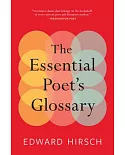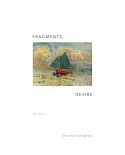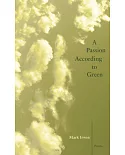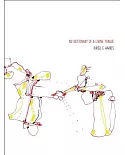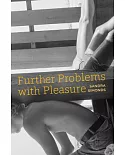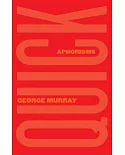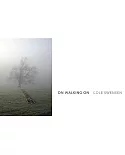Filtered through the twin lenses of human history and personal memory, and suffused with ironic appreciation, A Form of Optimism engages in a prismatic meditation on beauty and evil, cornucopia
and loss. The book becomes a lyrical mosaic, its compelling poems the broken pieces: sharp-edged and colorful, translucent, evocative. Drawing on the author's cross-cultural work in
international health, the poems range widely and naturally across setting, personage, and tongue--from Istanbul to Detroit, Mother Teresa to Gorm the Old, Swahili to Sanskrit. Variously
anxious, rueful, witty, tender, and worn, A Form of Optimism transcribes an arc of compassion and hope, embracing the sublime mysteries of the world and the word.



